Bankruptcy & Legal Information
Understanding Bankruptcy
Educational Resources / Bankruptcy
The Best Time to File a Bankruptcy
Bankruptcy is a legal process designed to help individuals and businesses eliminate or repay their debts under the protection of the bankruptcy court. There are different types of bankruptcy, commonly referred to as "chapters," each with its own rules and procedures.
The most common types are Chapter 7, which involves the liquidation of assets to pay off debts, and Chapter 13, which allows for debt repayment plans. Bankruptcy can offer a fresh start for those overwhelmed by debt, but it also has significant long-term impacts, including a negative effect on credit scores.
It's important for anyone considering bankruptcy to understand the implications, explore all other debt-relief options, and consult with a financial advisor or bankruptcy attorney to make an informed decision. read more
Bankruptcy Procedures and Guidelines
File Bankruptcy With No Money
Bankruptcy procedures and guidelines are legal processes designed to help individuals or businesses struggling with overwhelming debt. These procedures involve filing for bankruptcy under various chapters, most commonly Chapter 7 (liquidation) or Chapter 13 (reorganization), each with specific guidelines.
The process starts with credit counseling, followed by filing a petition and necessary documentation in bankruptcy court. Debtors must disclose all assets, liabilities, income, and expenses. Depending on the chapter, assets may be liquidated to pay creditors, or a repayment plan is established.
Bankruptcy can provide debt relief and a fresh start, but it also impacts credit scores and public records. It's crucial for debtors to understand these guidelines and consider all implications before proceeding.
read more
Bankruptcy FAQs
How to File Bankruptcy in California
Bankruptcy FAQs and Specifics cover a wide range of questions and details about the bankruptcy process, helping individuals understand this complex legal procedure. Key topics often addressed in these FAQs include the different types of bankruptcy (such as Chapter 7 and Chapter 13), eligibility criteria, the impact on credit scores, and the long-term financial implications.
Specifics may also delve into the process of filing for bankruptcy, the role of bankruptcy courts, how assets and debts are handled, and the duration of the bankruptcy process. Additionally, these FAQs typically clarify common misconceptions about bankruptcy, provide guidance on life after bankruptcy, and offer insights into alternative debt relief options.
The goal is to equip individuals with the knowledge to make informed decisions about whether bankruptcy is the right path for their financial recovery. read more
Frequently Asked Questions
*Disclaimer: Pacific Debt Relief explicitly states that it is not a credit repair organization, and its program does not aim to improve individuals' credit scores. The information provided here is intended solely for educational purposes, aiding consumers in making informed decisions regarding credit and debt matters. The content does not constitute legal or financial advice. Pacific Debt Relief strongly advises individuals to seek the counsel of qualified professionals before undertaking any legal or financial actions.
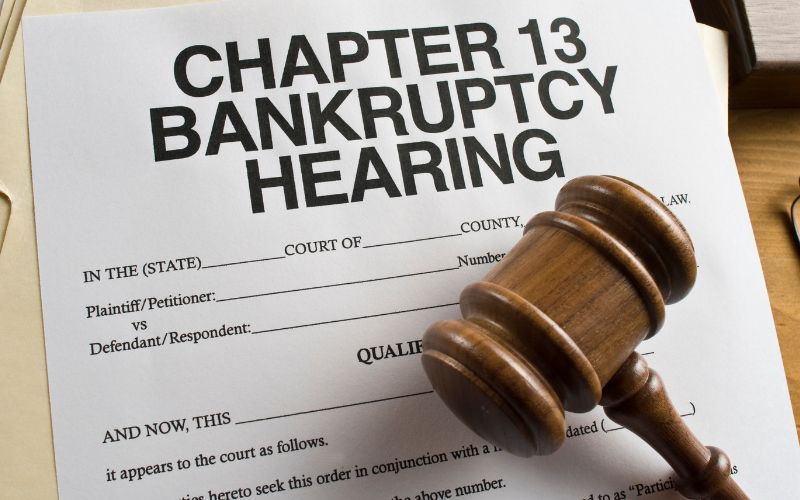
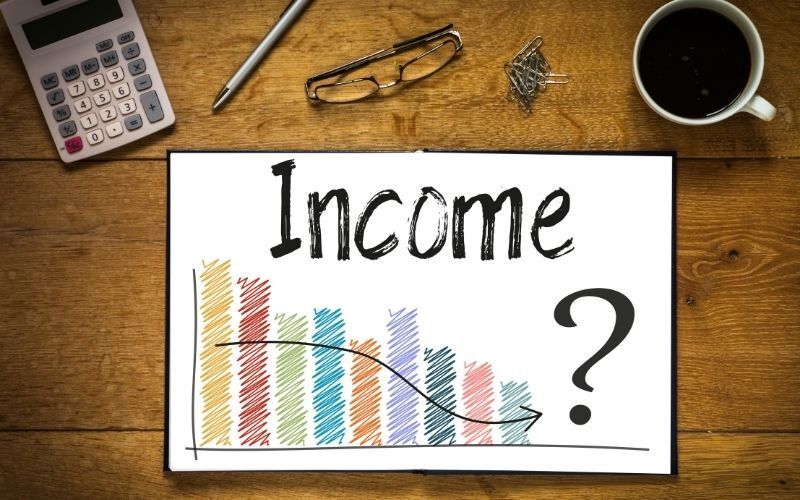
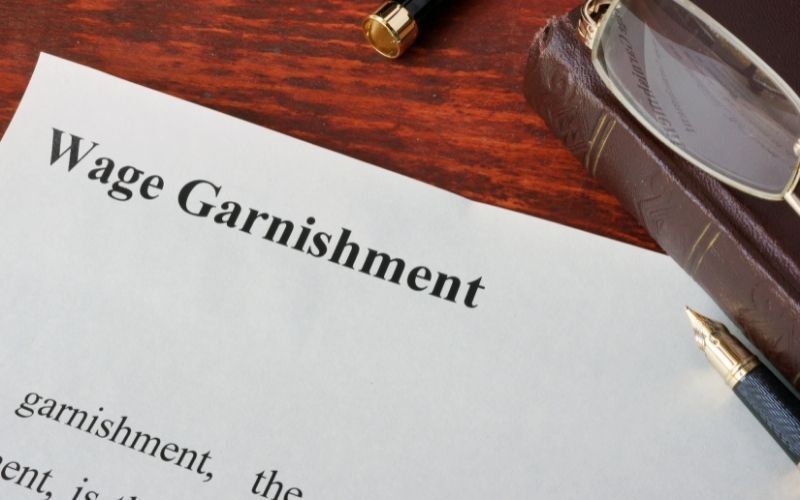


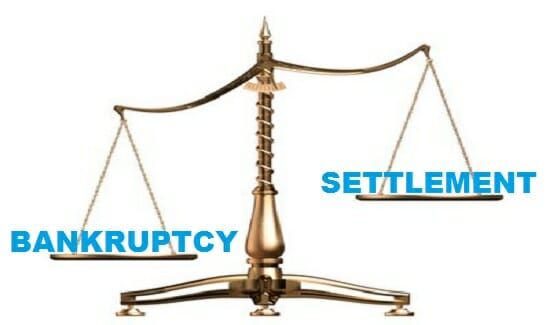
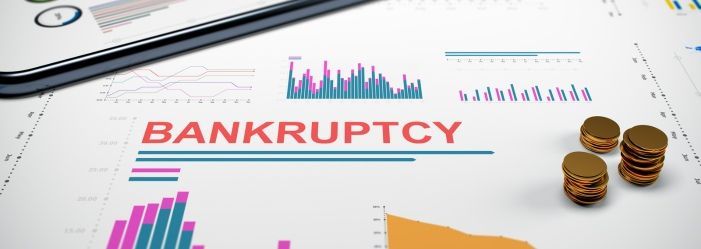



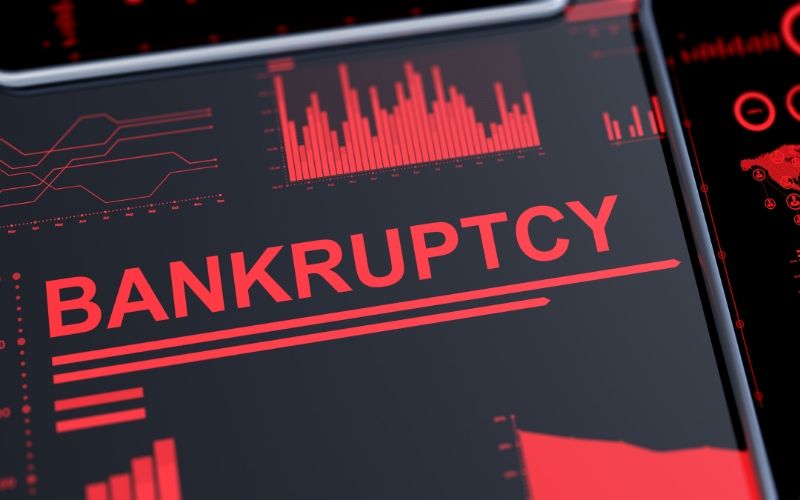
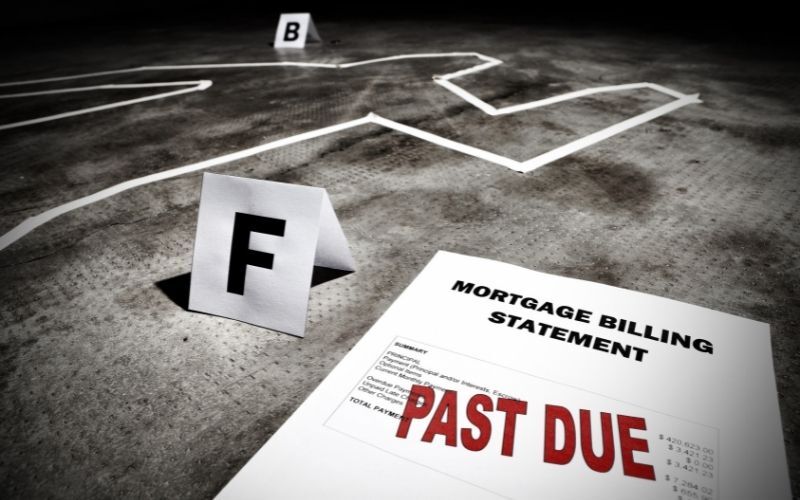



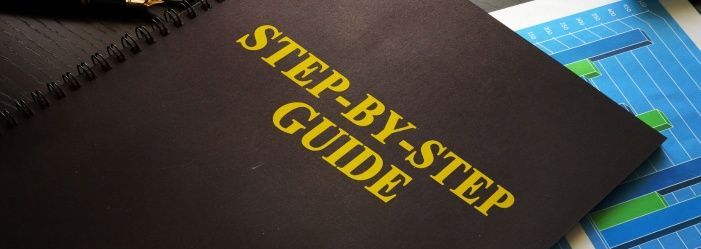

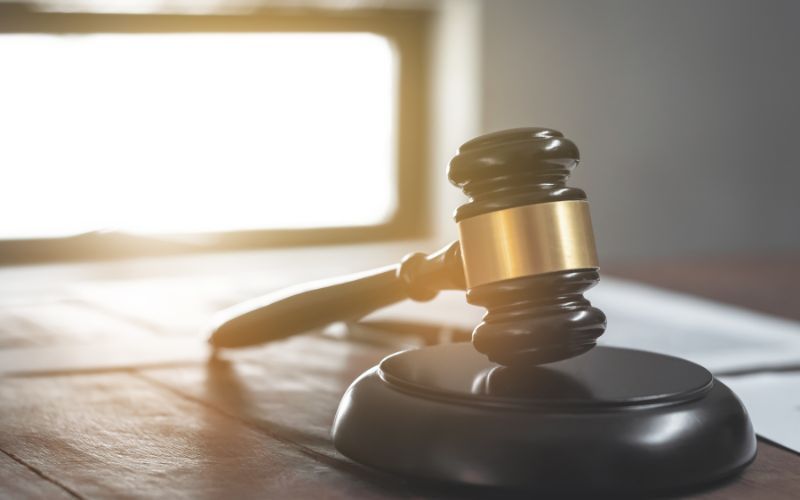

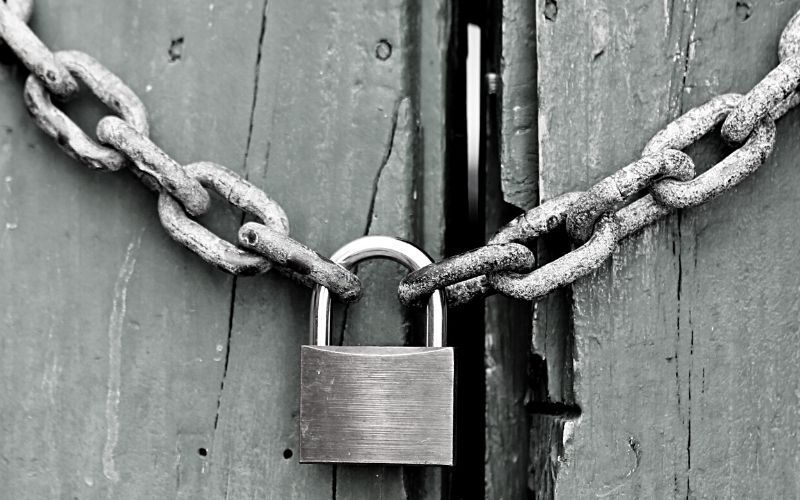





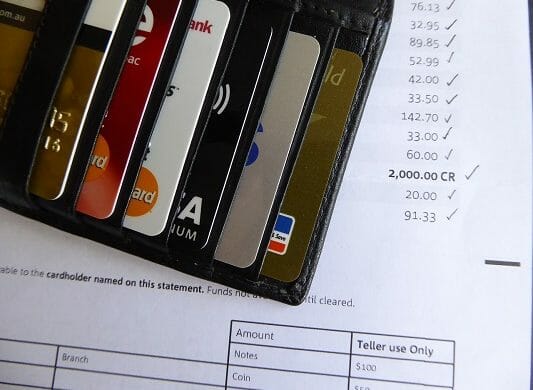

 Do Not Sell My Personal Information
Do Not Sell My Personal Information